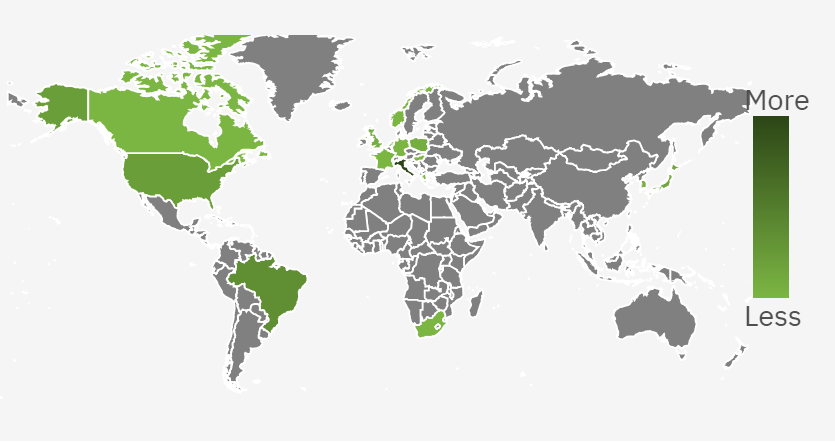 An open access journal
An open access journal
Innovating Education with Intelligent Solutions
Abstract
This paper explores the innovation of education through intelligent solutions enabled by AI-driven engineering. Through case studies and research insights, it investigates how artificial intelligence is transforming various aspects of education, including personalized learning, adaptive assessment, and learning analytics. The study highlights the application of AI techniques such as natural language processing, machine learning, and recommendation systems in enhancing teaching effectiveness, student engagement, and learning outcomes. Additionally, it discusses the integration of AI with educational technologies, virtual reality, and gamification to enable immersive learning experiences, collaborative learning environments, and lifelong learning opportunities. The paper also addresses challenges such as data privacy, algorithmic bias, and digital equity in the adoption of AI-driven engineering solutions in education. It emphasizes the importance of pedagogical innovation, teacher training, and inclusive design in harnessing AI's potential to create more accessible, equitable, and effective educational experiences for learners of all ages and backgrounds.
Share and Cite
Article Metrics
References
- Baker, R. S., D'Mello, S. K., Rodrigo, M. M. T., & Graesser, A. C. (2010). Better to be frustrated than bored: The incidence, persistence, and impact of learners' cognitive–affective states during interactions with three different computer-based learning environments. International Journal of Human-Computer Studies, 68(4), 223-241.
- Blikstein, P. (2018). Artificial intelligence and its implications for STEM education. International Journal of STEM Education, 5(1), 1-12.
- Conati, C., & Maclaren, H. (2009). Empirically building and evaluating a probabilistic model of user affect. User Modeling and User-Adapted Interaction, 19(3), 267-303.
- D'Mello, S., & Graesser, A. (2012). Dynamics of affective states during complex learning. Learning and Instruction, 22(2), 145-157.
- Johnson, W. L., Rickel, J. W., & Lester, J. C. (2000). Animated pedagogical agents: Face-to-face interaction in interactive learning environments. International Journal of Artificial Intelligence in Education, 11(1), 47-78.
- Liu, D. Y. T., Chung, T. M., & Paas, F. (2016). The effects of animated agents on learner motivation and performance. Educational Technology & Society, 19(2), 274-287.
- Siemens, G., & Baker, R. S. (2012). Learning analytics and educational data mining: Towards communication and collaboration. Proceedings of the 2nd International Conference on Learning Analytics and Knowledge, 252-254.

